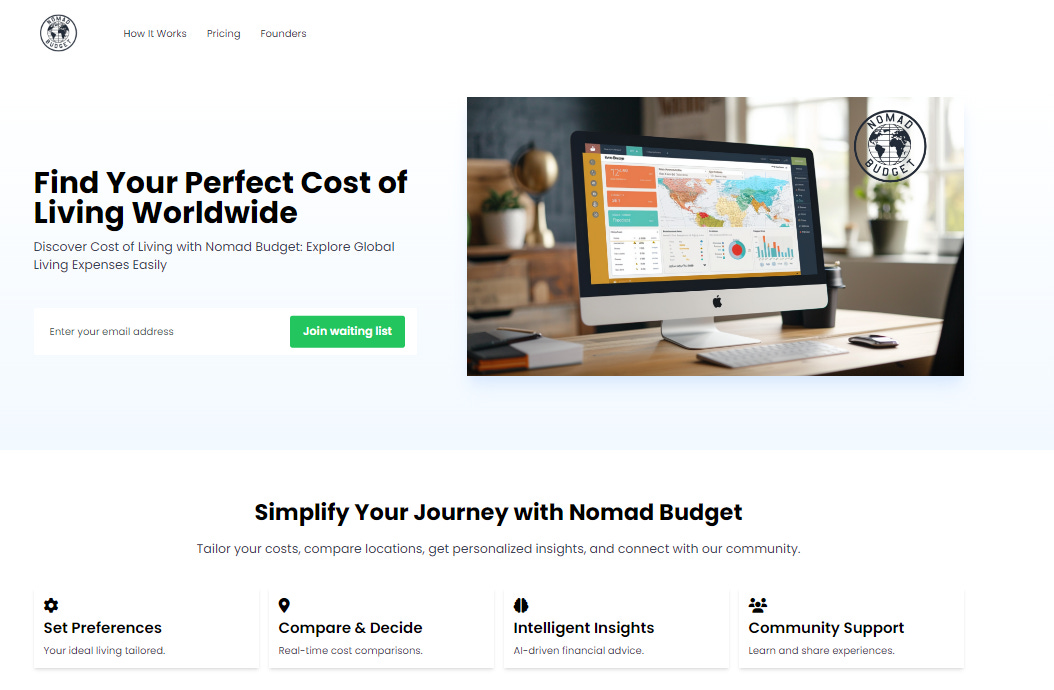Challenging Perspectives: The Controversy Surrounding South Korea's 4B Movement
Examining the Tensions Between Feminism, Tradition, and Demographics in South Korea
Have you ever thought about the impact of challenging deeply ingrained societal norms? Enter the 4B Movement in South Korea, a controversial feminist movement challenging traditional gender roles and sparking discussions about the nation's demographic future.
A Modern Rebellion
Rooted in the online discourse surrounding Cho Nam-Joo's provocative novel "Kim Jiyoung, Born 1982," the 4B Movement represents a radical call to action. Its principles – advocating against marriage, childbirth, and traditional relationships – present a stark critique of South Korea's gender dynamics. Emerging primarily through online platforms like Twitter and TikTok, the movement has ignited national and international debates on female autonomy and societal norms.
The Significance
Amid global conversations on gender equality and safety, South Korea's vocal opposition to gender-based violence underscores a universal pursuit for justice. However, the movement's intersection with the country's declining birthrate – hitting a record low of 0.78 in 2023 – has sparked contentious debates. Critics argue that embracing 4B's ideology worsens an already critical demographic challenge, linking the movement to plummeting birth rates.
Yet, let's pause. Is this correlation oversimplified? Could the movement reflect more profound societal shifts towards redefining concepts like family, happiness, and success for modern women?
Personal Perspectives and Global Impact
Consider the women around you – many balancing career aspirations, familial duties, and personal fulfillment. The resonance of the 4B Movement extends beyond Korea; it mirrors a global discourse on female agency and the right to choose one's path.
Now, imagine a friend opting for an unconventional life path. Multiply this individual choice by millions, and it becomes a societal statement challenging norms and sparking vital conversations on gender, autonomy, and family dynamics.
Moving Forward
How should we approach this growing movement? I know many men, in particular, who live in America and are heading to Asia in search of a suitable woman for a relationship. However, South Korea aligns more closely with Western values than other Asian countries. Is South Korea the best place to consider for the Passport Bros movement?
What kind of future do we hope to create, and are we willing to support the diverse paths individuals choose to pursue? The dialogue starts with us.
I am creating a web app that will assist you in finding the best place for you to live based on your income. Our web app will also provide you with the visa requirements for your chosen location. You can find more information at nomdabudget.io.






